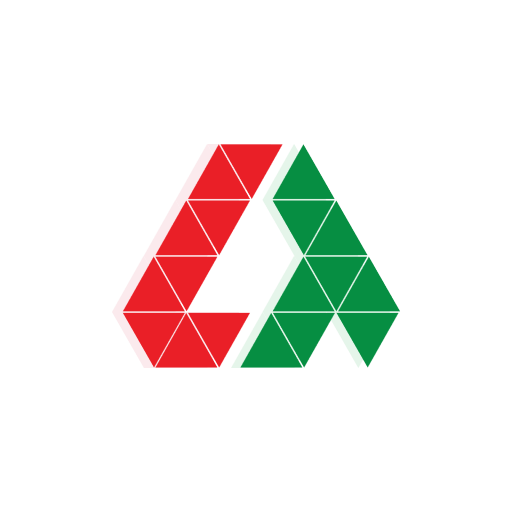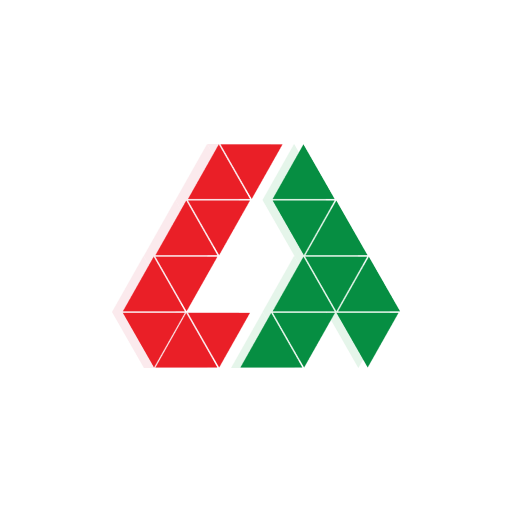The hustle culture, a phenomenon that was once synonymous with Silicon Valley startups, is making a comeback, particularly in the realm of AI startups. This resurgence is marked by the increasing demand for office nap pods, a trend that has sparked a lively debate about work-life balance and the nature of startup life.
Jeffrey Wang, co-founder of AI research startup Exa Labs, recently posted about ordering office nap pods and was met with an overwhelming response. The demand was so high that he could have ordered over 100 units. This trend is not just about providing a space for employees to rest. It’s a reflection of the intense work culture that is once again taking root in Silicon Valley, especially in the area known as Cerebral Valley, home to numerous early-stage AI startups.
Exa Labs, a 10-person startup, exemplifies this culture. Until recently, the team worked and lived together in a hacker house, a common practice among startups in the area. The introduction of nap pods is seen as a natural extension of this live-work setup, allowing employees to rest without leaving the workspace.
However, this trend raises questions about the expectations placed on employees in such environments. While Wang argues that startup life requires an all-in commitment, critics point out that the presence of nap pods could indicate an expectation for employees to spend excessive hours at work, potentially at the expense of their personal lives.
Despite these concerns, Wang maintains that sleep is essential for productivity and that startup life is not for everyone. He admits that the demands of running a startup are far greater than he anticipated, even compared to his experience at Harvard.
As AI startups continue to boom, the return of hustle culture and the rise of office nap pods are trends worth watching. They offer insights into the evolving work culture in Silicon Valley and raise important questions about work-life balance in the startup world.


